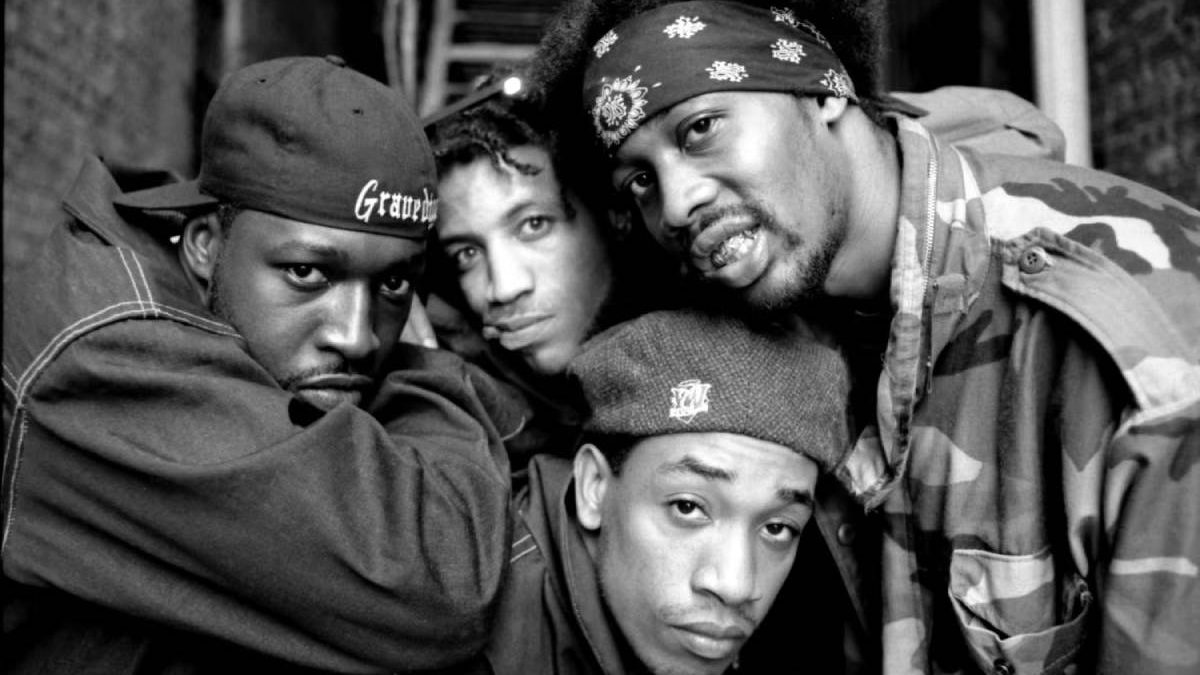Hip-hop is a genre that has constantly been evolving since its inception in the 1970s. What started as a way for inner-city youth to express themselves has now become a global phenomenon, with hip-hop artists achieving mainstream success in countries worldwide. In this article, CEO Benjy Grinberg will explain ways in which hip-hop has changed and evolved over the years.
Table of Contents
Why Is Hip Hop So Popular?
There are several reasons why hip-hop is so popular, both in the United States and internationally. One of the main reasons is that it is a genre that is constantly evolving. Hip-hop has changed and evolved since its inception, unlike other genres, such as rock or country, which have remained relatively static over the years. This has kept it fresh and relevant, especially for younger audiences who are always looking for something new.
Cultural Boundaries
Another reason for hip-hop’s popularity is its ability to cross cultural boundaries. Hip-hop music often contains elements of other genres, such as R&B, pop, and even rock. This makes it accessible to a wide range of people, regardless of their musical preferences.
The Difference Between Old School Hip hop And New Hip Hop
One of the most significant changes that have occurred in hip-hop over the years is the change in lyrical content. In the early days of hip-hop, artists often rapped about the party and dance culture, as well as issues affecting their communities, such as poverty and crime. However, there has been a shift towards more positive and uplifting lyrics in recent years. This is likely due to the increasing success of hip-hop artists and the realization that they have a platform to spread messages of hope and positivity.
The History Of Hip Hop And Its Influence Today
In the late 20th century, a new form of music emerged that would go on to have a profound impact on popular culture around the globe. This genre was known as hip-hop.
Hip-hop music has its roots in the African American community, specifically in the Bronx area of New York City. In the early 1970s, DJ Kool Herc and other DJs began experimenting with techniques such as looping, cutting, and mixing to create new sounds from existing records. This unique style of music quickly caught on, and parties and clubs were dedicated to playing this new type of music.
The Lyrics
One of the most significant changes that have occurred in hip-hop is the change in lyrical content. In the early days of hip-hop, artists often rapped about the party and dance culture and issues affecting their communities, such as poverty and crime. However, there has been a shift towards more positive and uplifting lyrics in recent years. This is likely due to the increasing success of hip-hop artists and the realization that they have a platform to spread messages of hope and positivity.
Fashion
Another change that has occurred in hip-hop is the increased focus on fashion. In the early days of hip-hop, fashion was not really a priority for most artists. However, as the genre has become more mainstream, artists have realized the power of using fashion to express their individuality. This has led to the rise of luxury brands such as Supreme and Off-White, which are now often seen in music videos and on stage.
Technology
Finally, another change that has occurred in hip-hop is the increasing use of technology. In the early days of hip-hop, artists often used traditional methods such as turntables and vinyl records to create their music. However, in recent years, there has been a shift towards the use of digital technologies such as computer software and drum machines. This has made it easier for artists to create new sounds and experiment with different production techniques.
Overall, hip-hop has changed significantly since its inception in the 1970s. What started out as a way for inner-city youth to express themselves has now become a global phenomenon, with hip-hop artists achieving mainstream success in countries all over the world. In this article, we’ve looked at some of the ways hip-hop has changed and evolved over the years.
Conclusion
Music Producer Benjy Grinberg says Hip-hop is a genre that is constantly evolving and changing. What started out as a way for inner-city youth to express themselves has now become a global phenomenon, with hip-hop artists achieving mainstream success in countries all over the world. In this article, we’ve looked at how hip-hop has changed and evolved over the years. From the rise of trap music to the decline of vinyl sales, hip-hop has undergone significant changes since its inception in the 1970s. And who knows what changes await us in the future?


